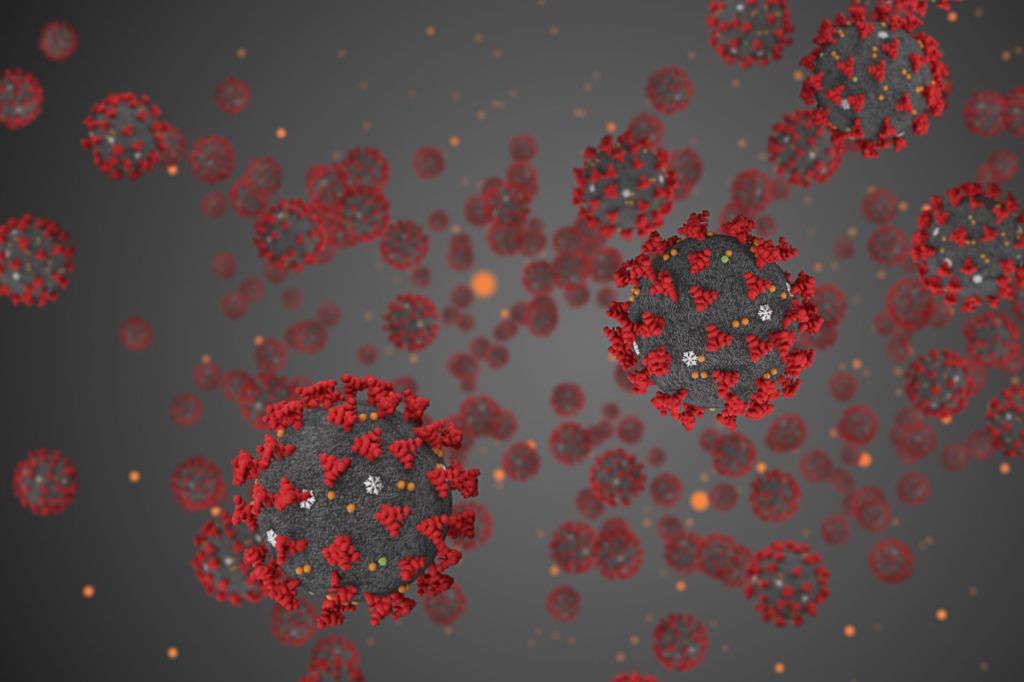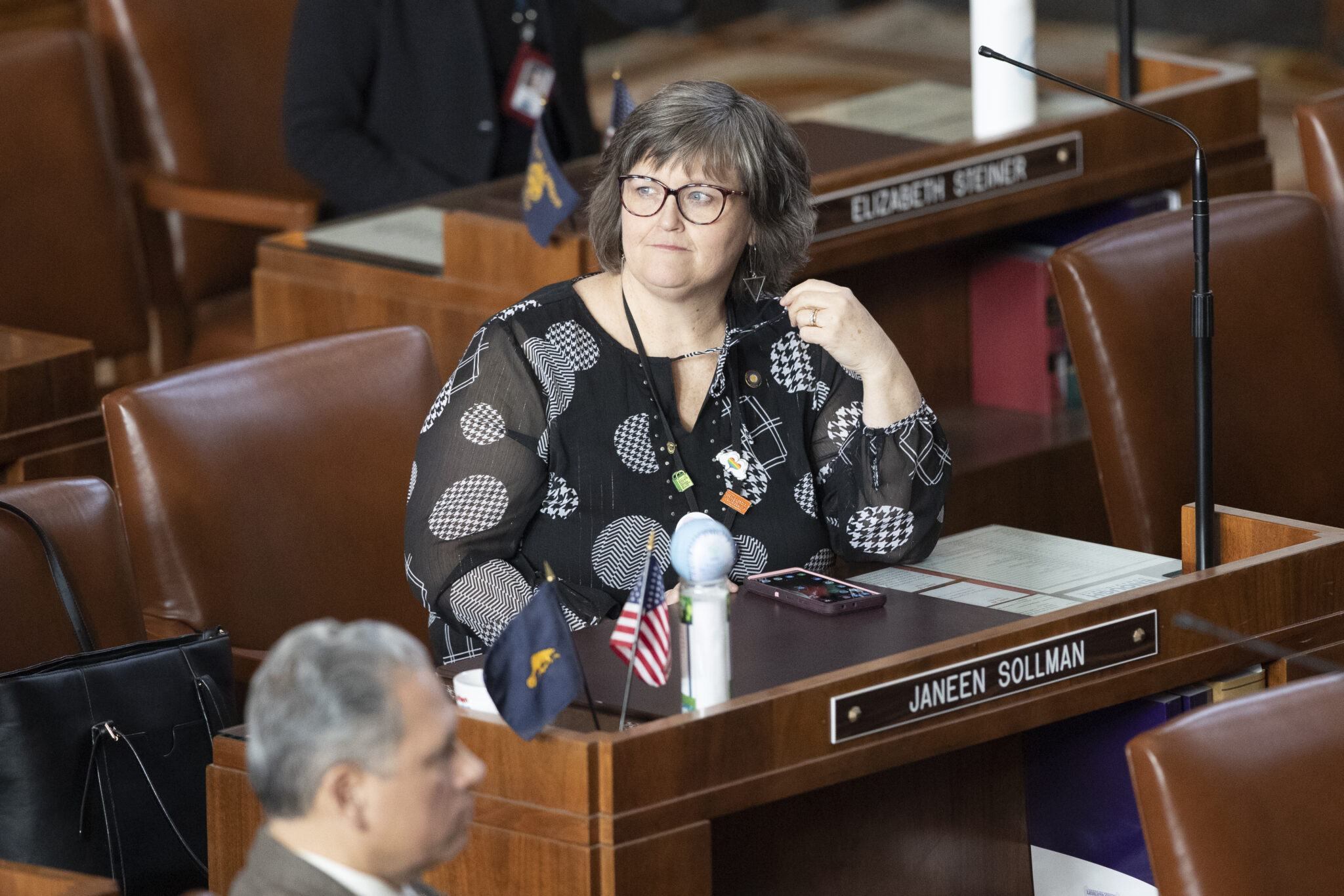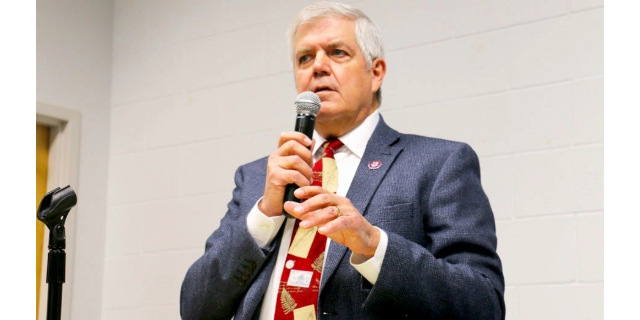Oregon joins tri-state travel advisory to limit spread of COVID-19
Published 10:30 am Friday, November 13, 2020

- A 3-D rendering of COVID-19 virus, which has killed over 1.15 million Americans since early 2020.
Travelers going out of state are urged to quarantine for 14 days upon their return home under a new tri-state advisory to slow rapidly rising COVID-19 infection rates released Friday morning by Gov. Kate Brown.
California and Washington issued identical travel advisories Friday morning.
Brown is scheduled to discuss other actions she is taking at a noon press conference.
The action comes the day after Oregon reported a record-smashing 1,122 new cases, including 4 deaths. The number of people currently hospitalized with COVID-19 is 303, the first time the state has breached the 300-patient mark since the pandemic crisis hit Oregon in February.
While Oregon is still experiencing less overall impact from the virus than other states, the current rapid rise is already stretching hospital availability in the Portland area and showing strain elsewhere in the state.
Brown has already placed a two-week pause on social activities in nine counties, beginning Wednesday. She has said that adding additional counties was an option in the future. Delaying elective surgeries in areas where hospital beds are becoming more difficult to find is also on the table.
Under the three-state plan announced Friday morning, “non-essential travel” should be cancelled or delayed.
The advisory define essential travel as travel for work and study, critical infrastructure support, economic services and supply chains, health, immediate medical care, and safety and security.
Visitors entering or returning from the three states should minimize their exposure to others for 14 days after arriving from another state. In the case of the three states, the advisory would mean an Oregonian traveling to California or Washington should quarantine for 14 days on their arrival and then another 14 days upon return.
The governors of the three states reiterated early requests that residents not risk out-of-state travel for the Thanksgiving holiday.
“COVID-19 does not stop at state lines,” Brown said in a statement. “As hospitals across the West are stretched to capacity, we must take steps to ensure travelers are not bringing this disease home with them.”
The three-state advisory also recommends individuals limit their interactions to their immediate household.
The United States registered 150,000 cases on Thursday, a new record. Current hospitalizations for Covid-19 hit a new record of 67,096 on Thursday, according to the Covid Tracking Project.
California on Thursday became the second state to surpass one million case. Texas is the other.
Pfizer-BioNTech announced this week that preliminary results of a vaccine under development had a 90 percent effective rate. Additional tests and reviews will be required, but the company hopes to start shipping vaccine by the end of the year. However, it will likely take several months for the vaccine to become widely available.
Dr. Amesh Adalja, an infectious disease expert with the Johns Hopkins Center for Health Security, writing in The Hill political website, said this week the vaccine development was good news, but there were still many hurdles to get it to people around the globe.
“If everything goes perfectly with this vaccine, there is still a Herculean vaccine distribution task that lies ahead,” Adalja wrote. “This vaccine, and several other candidates, are two-dose vaccines that require both doses for full effect.”





